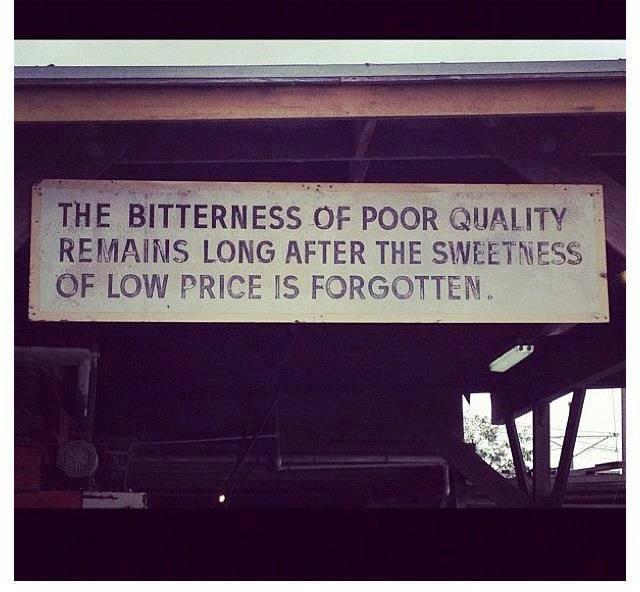Often here in Canada, when searching for options to call overseas we can be tempted by cheap calling rates that appear too good to be true. At Amitel, we use premium international termination services, high quality terminating with calling line ID at the far end.
The attached link, from the Express Tribune, is to a recent story on how the Pakistan authorities have shut down 26 illegal gateway exchanges that were bypassing the system. Some of our “cheap price” competitors will now find they cant reach Pakistan.
http://tribune.com.pk/story/675710/cyber-crime-fia-bust-26-illegal-gateway-exchanges-six-arrested/



